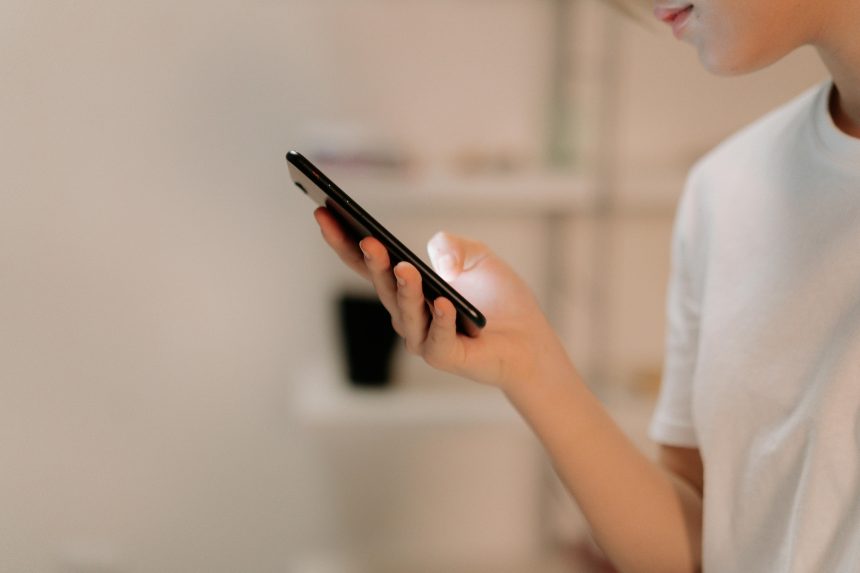Toyoake Takes a (Non-Binding) Stand on Screen Time
In a pioneering move, Toyoake—a city in Japan’s Aichi Prefecture—is proposing a voluntary smartphone usage limit of just two hours per day for all residents, both adults and children. The town aims to address mounting concerns over the physical and mental health effects of overuse, particularly sleep deprivation and reduced family time.
What’s in the Draft Ordinance?
- Two‑Hour Daily Cap: Citizens are encouraged to limit non‑work- or school-related smartphone use to two hours each day.
- Evening Screen Curfew:
- Elementary school students: stop using devices after 9 p.m.
- Teenagers and adults: set phones aside by 10 p.m.
- No Penalties: The measure is purely symbolic—there are no fines or enforcement mechanisms involved
Why Now? The Motivation Behind the Move
Mayor Masafumi Koki emphasized the initiative isn’t about control, but about promoting mindfulness. He hopes the proposal will spark family discussions about digital habits, encouraging residents to think critically about screen time and its toll on sleep, education, and personal relationships.
The city also cites an increase in behavioral issues, including truancy among youth who can’t part from their phones, and concerns that adults are sacrificing family time and rest for their devices.
Public Response & Timeline
The reaction has been swift and divided:
- Over a four-day period following the announcement, Toyoake officials received dozens of phone calls and emails—around 80 % of which were critical.
- Critics argue that the limit is too restrictive, impractical for modern life, and a step too far for government involvement in personal habits.
- Supporters appreciate the nudge toward more mindful digital use and see it as a way to strengthen offline connections.
The draft ordinance was introduced to Toyoake’s municipal assembly this week, with a vote scheduled for late September. If passed, the guideline would take effect in October.
Context: Not Japan’s First Digital Wellness Effort
Toyoake isn’t alone in exploring digital-use guidelines. In 2020, Kagawa Prefecture introduced a nonbinding rule limiting children’s gaming time to 1 hour on weekdays and 90 minutes during school holidays as part of efforts to curb youth addiction.
Today, data from Japan’s Children and Families Agency suggests youths spend just over five hours online per weekday, underscoring the relevance of such policies.
Looking Ahead: A Nudge or a Cultural Shift?
While some dismiss the proposal as unenforceable, Toyoake may be setting a broader precedent in digital wellness policy—using civic guidelines to catalyze personal reflection rather than regularize behavior.
Mayor Koki insists it’s not about censorship but choice: encouraging people to prioritize sleep, family, and mental health over screens.
As societies worldwide wrestle with balancing technology’s convenience against its toll, Toyoake’s experiment could become a compelling case study in the power— and limits—of voluntary regulation.











